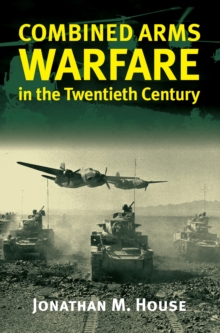
The Globe and Anchor Men : U.S. Marines and American Manhood in the Great War Era Hardback
by Mark Ryland Folse
Part of the Modern War Studies series
Hardback
Description
Throughout the World War I era, the United States Marine Corps’ efforts to promote their culture of manliness directed attention away from the dangers of war and military life and towards its potential benefits.
As a military institution that valued physical, mental, and moral strength, the Marines created an alluring image for young men seeking a rite of passage into manhood.
Within this context, the potential for danger and death only enhanced the appeal.Mark Ryland Folse’s The Globe and Anchor Men offers the first in-depth history of masculinity in the Marine Corps during the World War I era.
White manhood and manliness constituted the lens through which the Marines of this period saw themselves, how they wanted the public to see them, and what they believed they contributed to society.
Their highly gendered culture helped foster positive public relations, allowing Marines to successfully promote the potential benefits of becoming a Marine over the costs, even in times of war. By examining how the Marine Corps’ culture, public image, and esteem within U.S. society evolved, Folse demonstrates that the American people measured the Marines’ usefulness not only in terms of military readiness but also according to standards of manliness set by popular culture and by Marines themselves.
The Marines claimed to recruit the finest specimens of American manhood and make them even better: strong, brave, and morally upright.
They claimed the Marine would be a man with a wealth of travel and experience behind him.
He would be a proud and worthy citizen who had earned respect through his years of service, training, and struggle in the Marine Corps.
Becoming a Marine benefited the man, and the new Marine benefited the nation.
As men became manlier, the country did, too.
Information
-
Out of stock
- Format:Hardback
- Pages:416 pages, 65 illustrations
- Publisher:University Press of Kansas
- Publication Date:22/03/2024
- Category:
- ISBN:9780700636259
Information
-
Out of stock
- Format:Hardback
- Pages:416 pages, 65 illustrations
- Publisher:University Press of Kansas
- Publication Date:22/03/2024
- Category:
- ISBN:9780700636259










